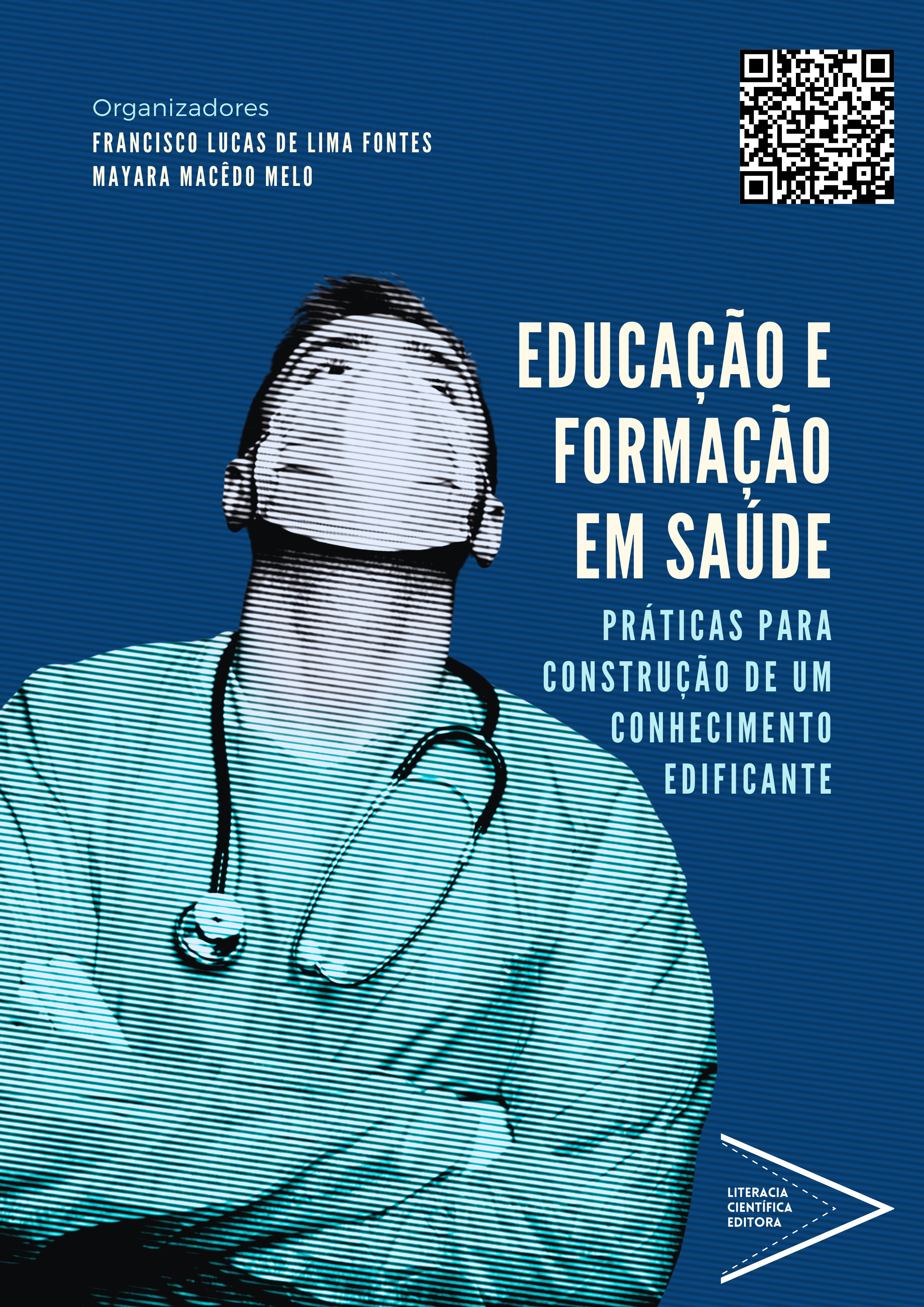
DOI: 10.53524/lit.edt.978-65-995572-3-1/04
PALAVRAS-CHAVE: Avaliação. Competência motora. Desenvolvimento motor. Educação física.
KEYWORDS: Assessment. Motor competence. Motor development. Physical education.
ABSTRACT: OBJECTIVE: The present study aims to present the relevance of anthropometric and motor assessment in the development of a physical exercise program for school-age children. MATERIALS AND METHODS: The present research was carried out through a narrative literature review, with an electronic search of complete scientific articles, written in Portuguese and English. RESULTS AND DISCUSSION: Regarding the anthropometric assessment, variables such as body mass index and peak growth velocity can be used to monitor children' s health status, growth process and development. In motor assessment, tests such as the Körperkoordination Test fur Kinder (KTK), Motorische Basiskompetenzen (MOBAKs), Test of Gross Motor Development (TGMD), Movement Assessment Battery for Children Test (MABC), are used to determine the level of motor competence of the children. children. It is understood that the assessment is not just to measure or classify children, but a case of public health. FINAL CONSIDERATIONS: Information from the assessments allows for greater physical, motor and maturational knowledge of each child, which will be important for the development of physical exercise programs aimed at improving motor competence, reducing the risk of childhood obesity and increasing quality of life.
Jomilto Praxedes
Desenvolvido por Alexsander Arcelino